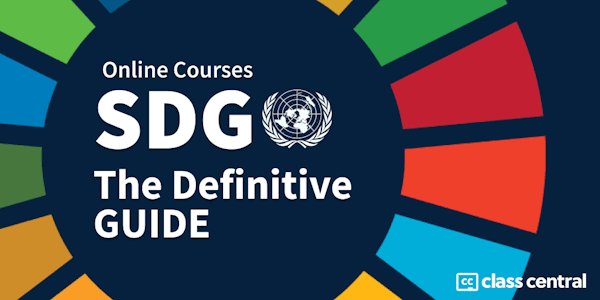The course will explore how various kinds of exploitation have been classified – as modern slavery, human trafficking, or forced labor – and consider some of the effects of using the language of slavery to describe the abuses that are happening today.
The primary focus of the course will be migrants and workers. Students will learn how patterns of exploitation are linked to economic and political interests. They will be invited to consider the strengths and limitations of different models of intervention and protection.
Drawing upon examples from across the world, the course will specifically focus on labor in three major categories of work: supply chain work, migrant work, and sex work. Students will be asked to consider how these categories' connections to global economic and political forces create patterns of vulnerable, precarious, and forced labor. The course will also consider the limitations of popular approaches focusing upon the politics of rescue, and instead consider alternatives based upon models of worker rights, collective organizing, and decent work.
All migrants deserve protection as migrants. All workers deserve protection as workers. Modern slavery and human trafficking campaigns selectively focus upon a small minority of vulnerable migrants, and a small minority of precarious workers. These cases are the tip of the iceberg.
This course should appeal to anyone interested in both better understanding and effectively challenging global patterns of exploitation, vulnerability, and abuse.



